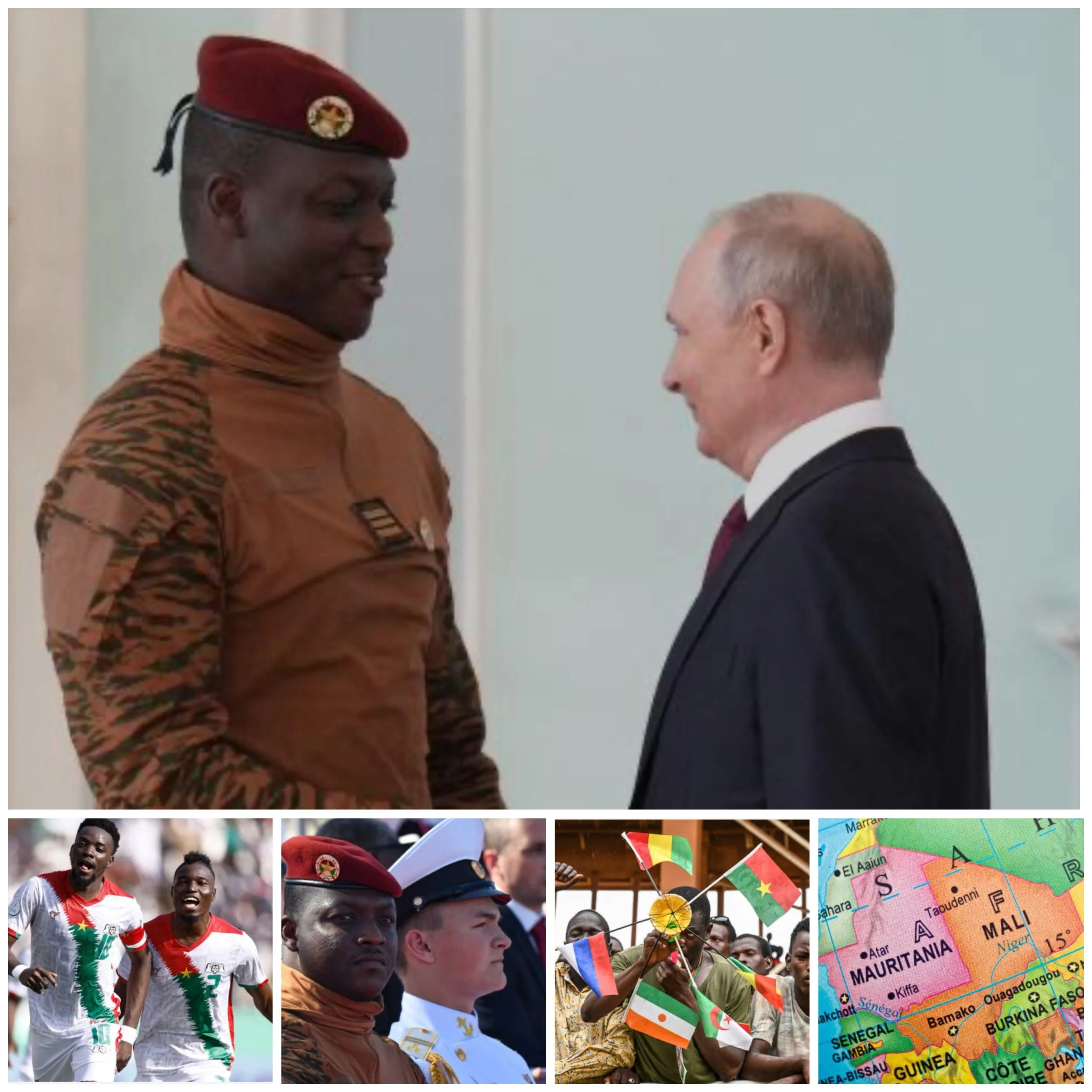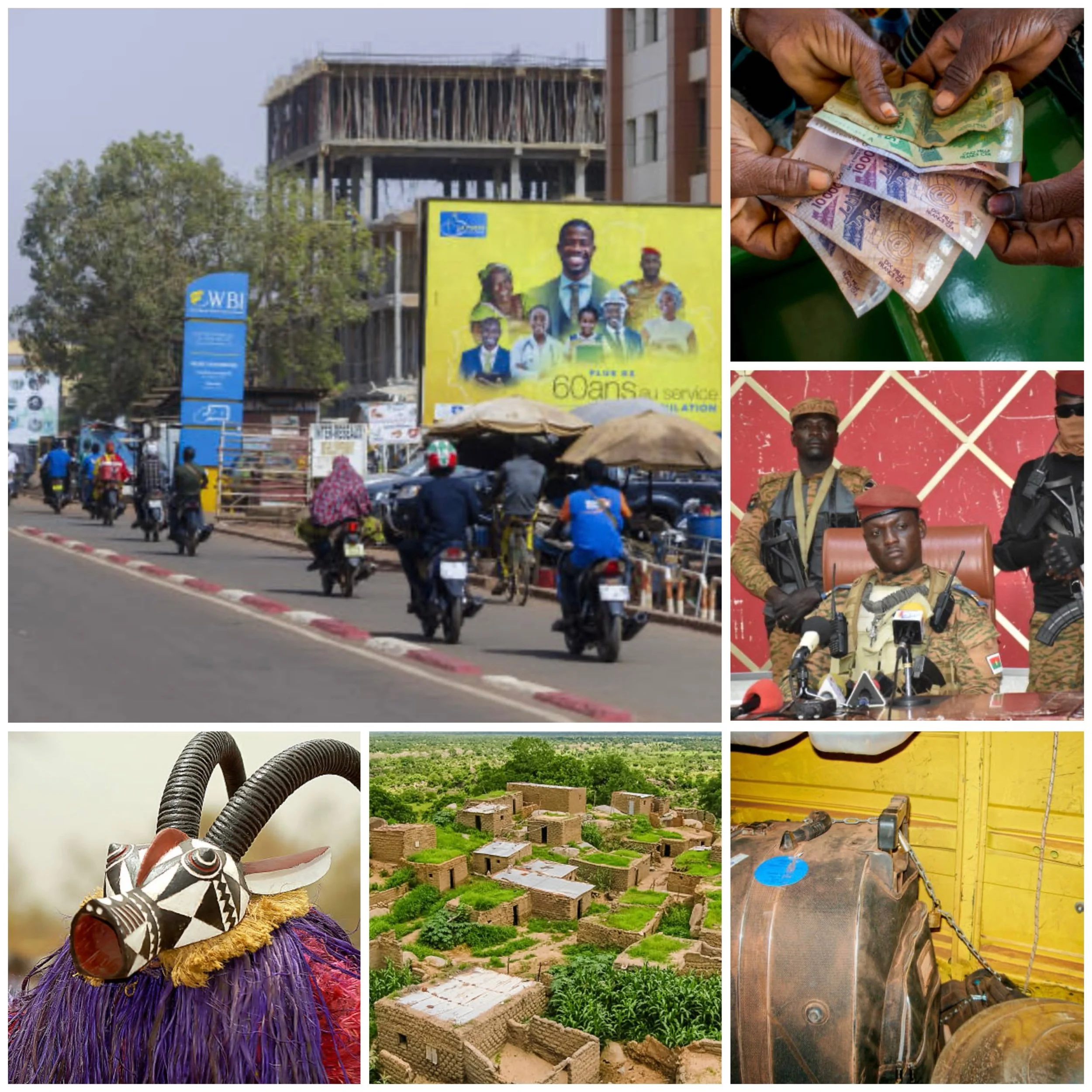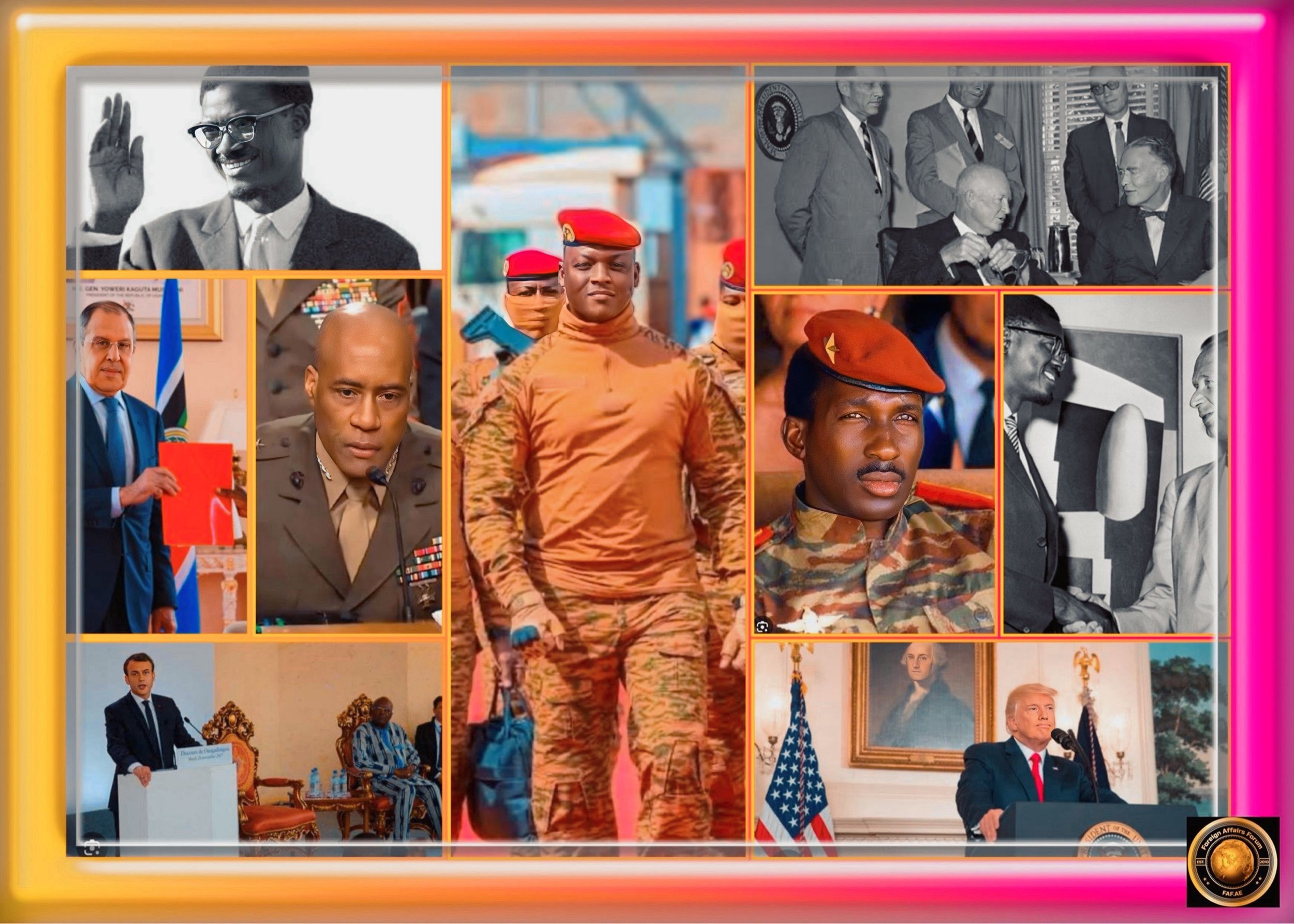How a Football Enthusiast Became a Political Maverick- Ibrahim Traore - Burkina Faso
Introduction
Ibrahim Traoré might not be a household name worldwide, but in Burkina Faso, he stands as a beacon of change. Known initially for his passion for football, Traoré transitioned from the sports field to the political arena with a vision as strategic and ambitious as any game-winning play. The story of his leadership offers a compelling case study of how personal passions can pivot into national movements and bring about socioeconomic and political reforms.
Traoré's background in football provided him with unique insights into teamwork and strategy—skills he later employed in his political career. His understanding of grassroots movements began on the football pitches where communities gathered, fostering local support systems that would later aid in his political campaigns. For community leaders and social activists, this offers a significant takeaway on the importance of understanding one's audience and leveraging communal bonds to spur change.
The Economic Revolution Sparked by Reclaiming Gold Mines
One of the most pivotal moments in Traoré’s leadership was the reclamation of Burkina Faso's largest gold mine from British control. This move was not just a patriotic gesture—it was a strategic economic stroke that promised to reshape the nation’s financial landscape. Previously, the profits from the gold mines had primarily benefited foreign entities, leaving Burkina Faso with a small fraction of its own wealth.
Under Traoré’s leadership, the reclaiming of the gold mine signified a newfound economic autonomy and a step towards self-reliance. This shift not only increased national revenue but also provided opportunities for local job creation and entrepreneurship. The ripple effects of this economic move are still unfolding, yet they promise a more prosperous future for the nation.
For political scientists, this significant reclamation act serves as a case study in economic nationalism and resource sovereignty. It raises questions about the balance between foreign investment and national interests—a quandary faced by many developing nations seeking to harness their resources while ensuring equitable wealth distribution.
Ibrahim Traoré's Political Strategy and Its Implications
Ibrahim Traoré's leadership style is a blend of strategic foresight and populism, with a focus on national pride and self-sufficiency. His decision to reclaim the gold mine was emblematic of this approach, reflecting his commitment to prioritizing Burkinabe interests over foreign agendas. This strategic move has sparked discussions about the future of foreign relations and economic policies in Burkina Faso.
Community leaders and activists can draw lessons from Traoré’s ability to galvanize public support through clear and decisive actions. His leadership underscores the importance of aligning political strategies with the aspirations of the populace, creating a sense of shared destiny and collective empowerment.
The Future of Burkina Faso Under Traoré's Visionary Leadership
With the gold mine back under national control, the question remains: What does the future hold for Burkina Faso? Traoré's leadership has set the stage for a series of potential socioeconomic transformations. The reclaimed revenue from the gold mine could fund essential infrastructure projects, improve healthcare services, and enhance educational opportunities, fostering long-term development.
The political landscape in Burkina Faso is also witnessing a shift towards greater transparency and accountability. Traoré's leadership style emphasizes the importance of governance that listens to and reflects the needs of the people. His approach to leadership offers a blueprint for other nations grappling with similar challenges of resource management and political representation.
For community leaders and political scientists, Traoré's tenure represents a fascinating period of transformation worth observing. His ability to translate personal passion into national policy illustrates the power of visionary leadership in shaping the future of a nation.
Conclusion
Ibrahim Traoré's multifaceted leadership has not only reclaimed a crucial economic asset but also instilled a renewed sense of national pride and purpose in Burkina Faso. His transition from the football field to the political arena exemplifies how diverse experiences can inform effective governance. The reclamation of the largest gold mine is just the beginning of what promises to be a new era of socioeconomic development and political empowerment for Burkina Faso.
For those interested in the ongoing evolution of Burkina Faso under Traoré’s leadership, there is much to explore and learn. The interplay of sports, politics, and economics under his leadership offers a rich tapestry of insights applicable to community leaders, social activists, and political scientists around the world.





